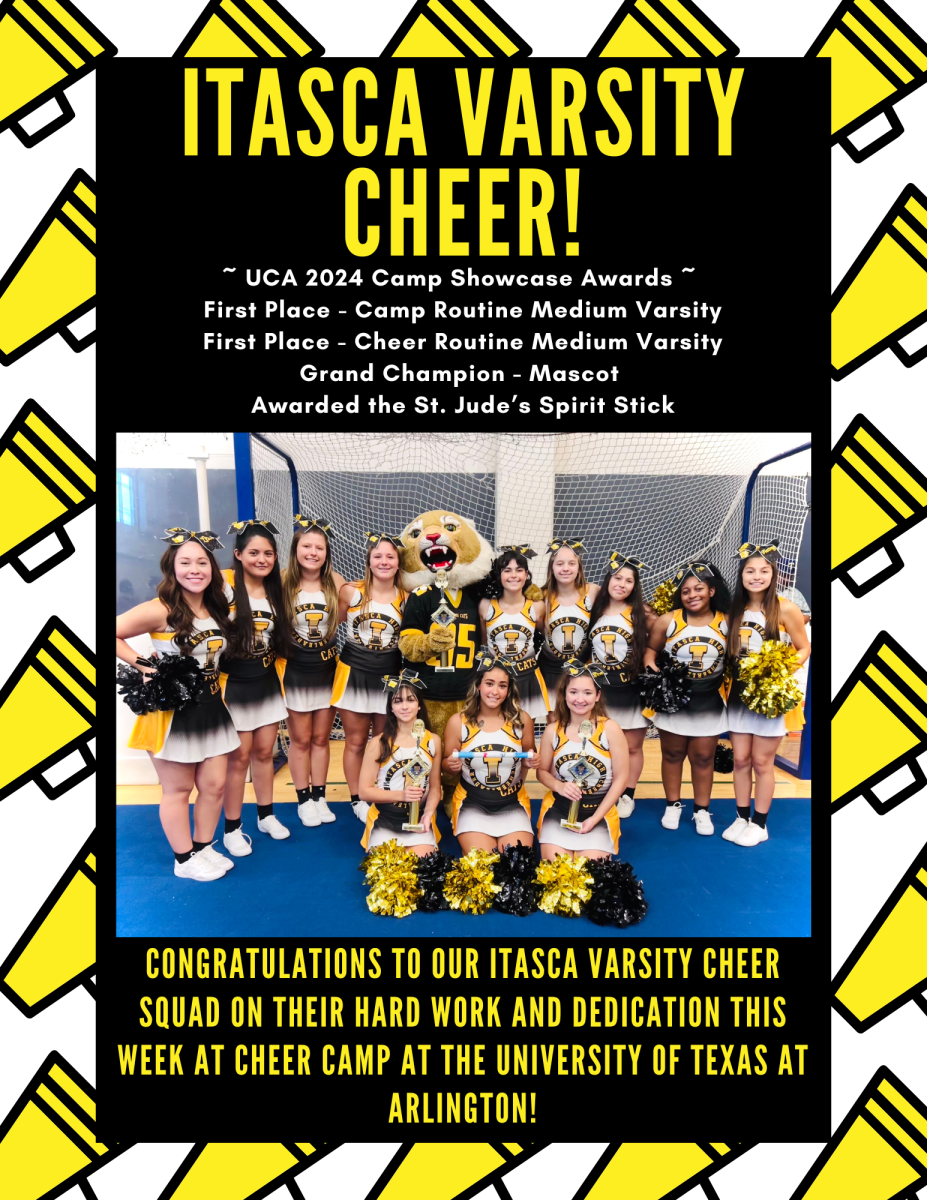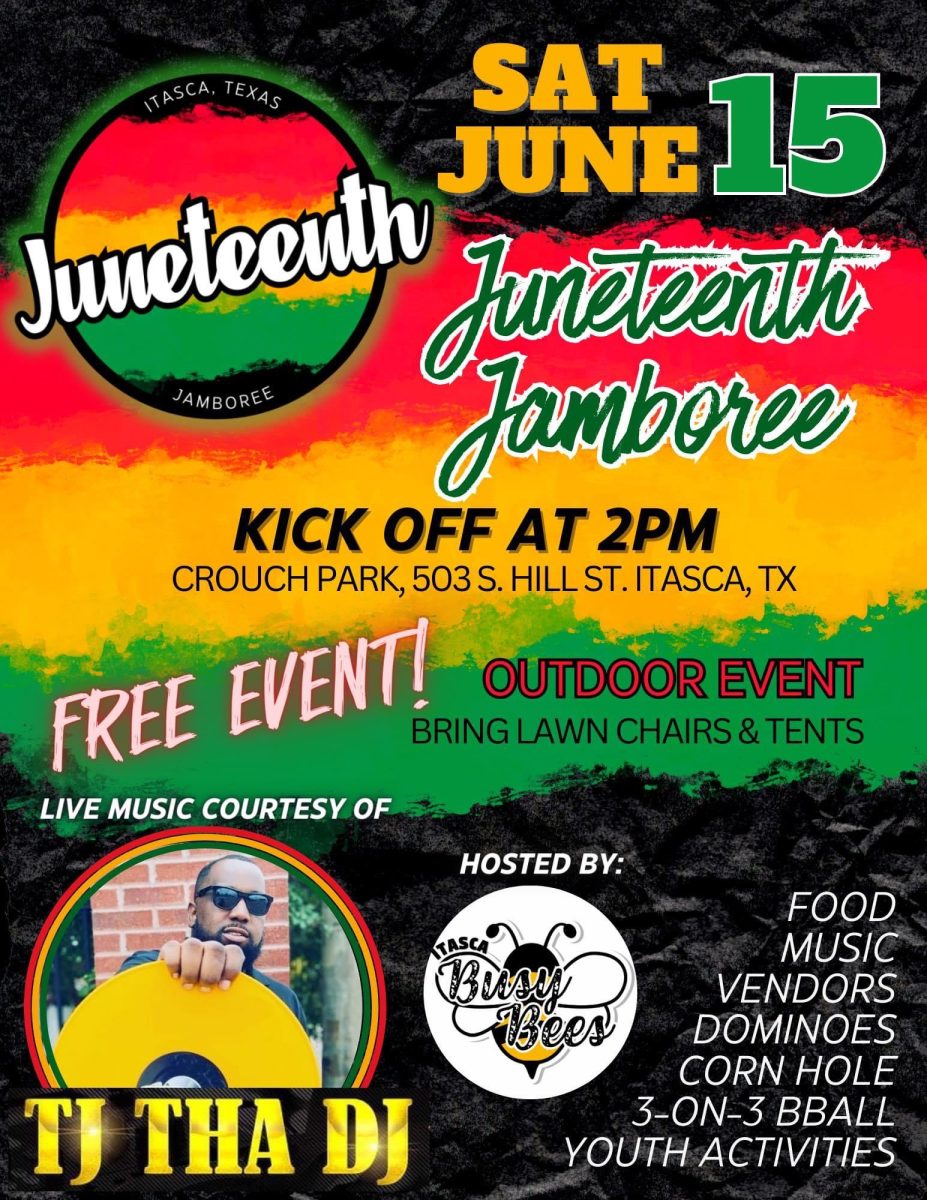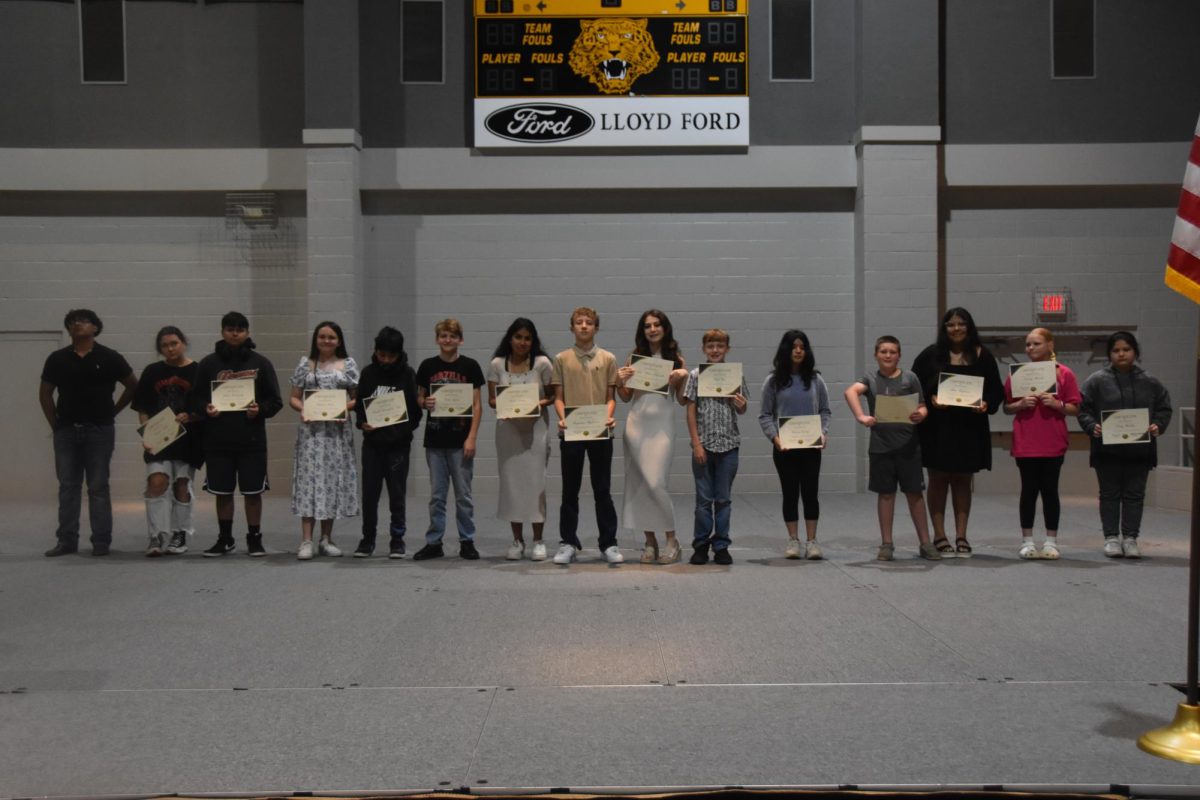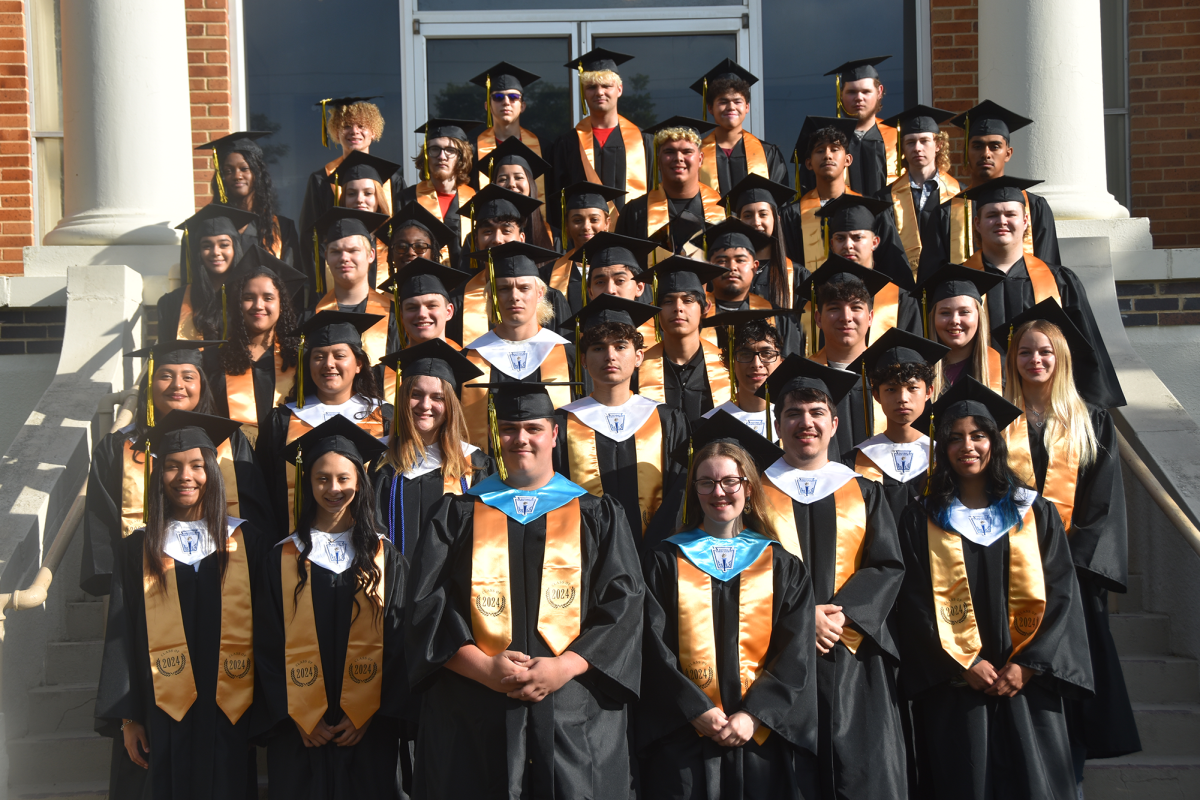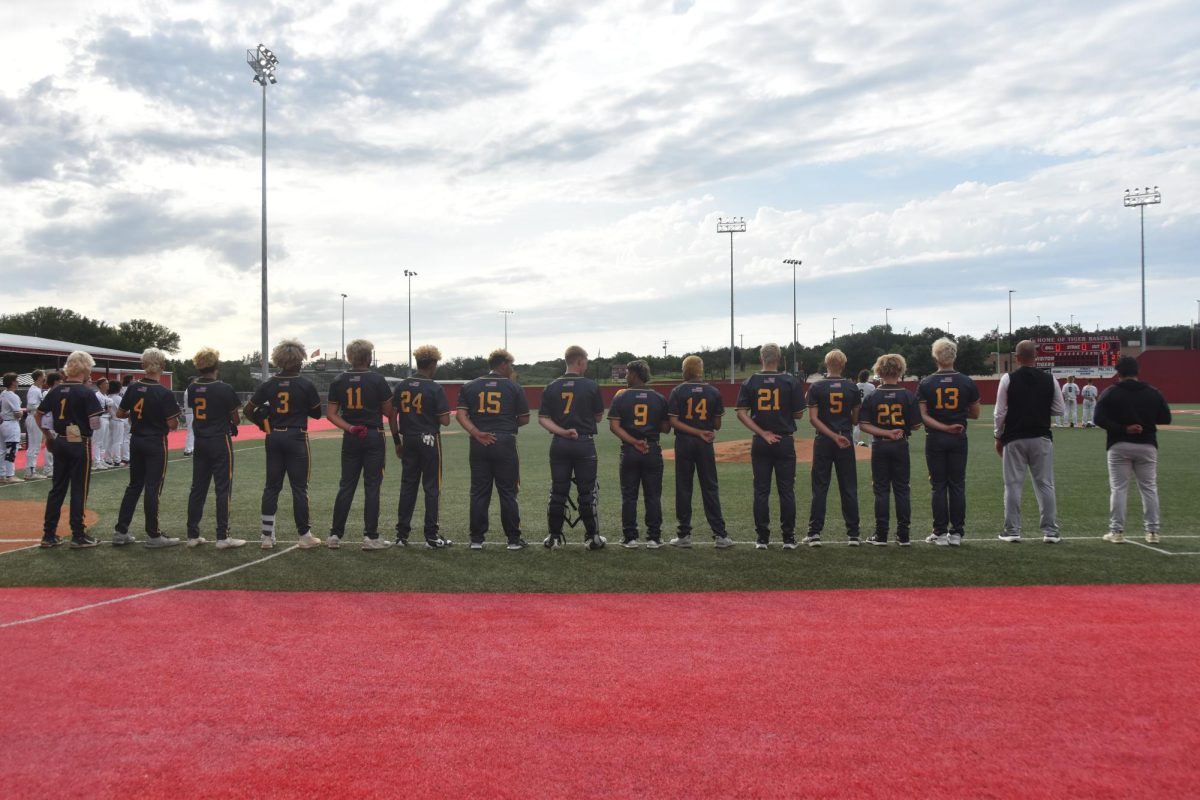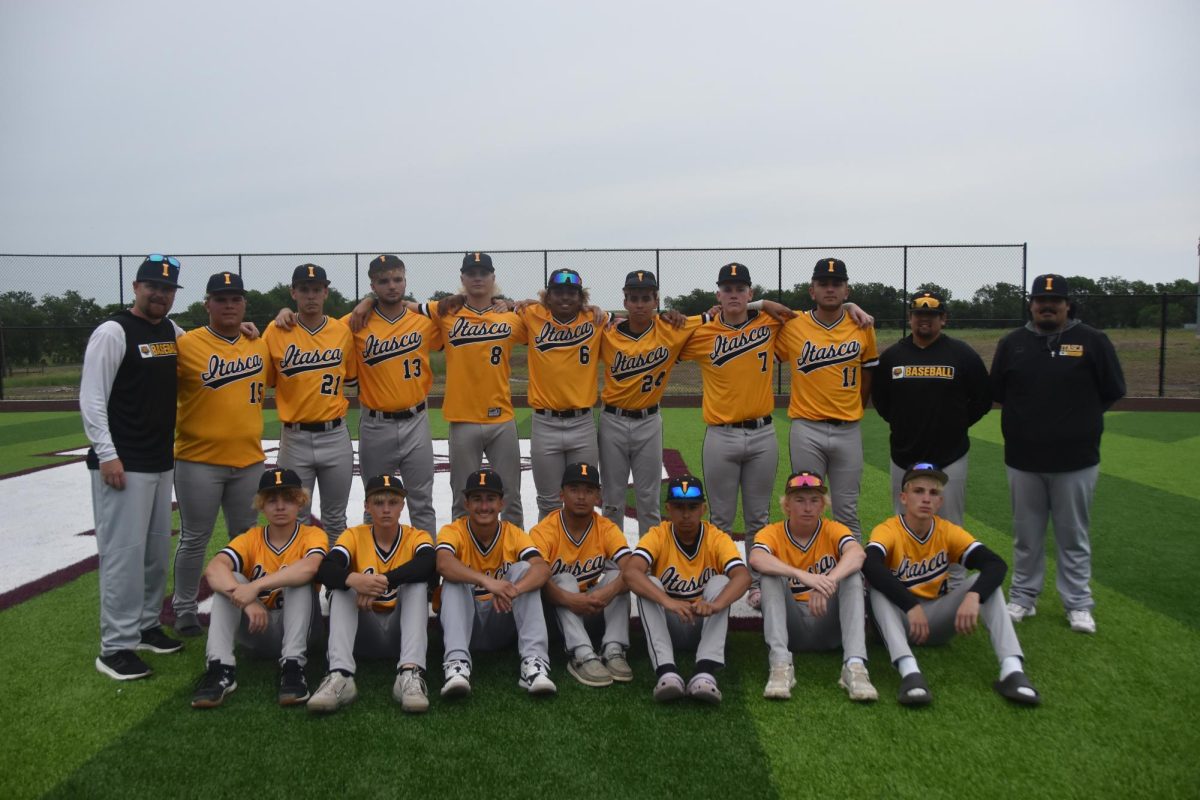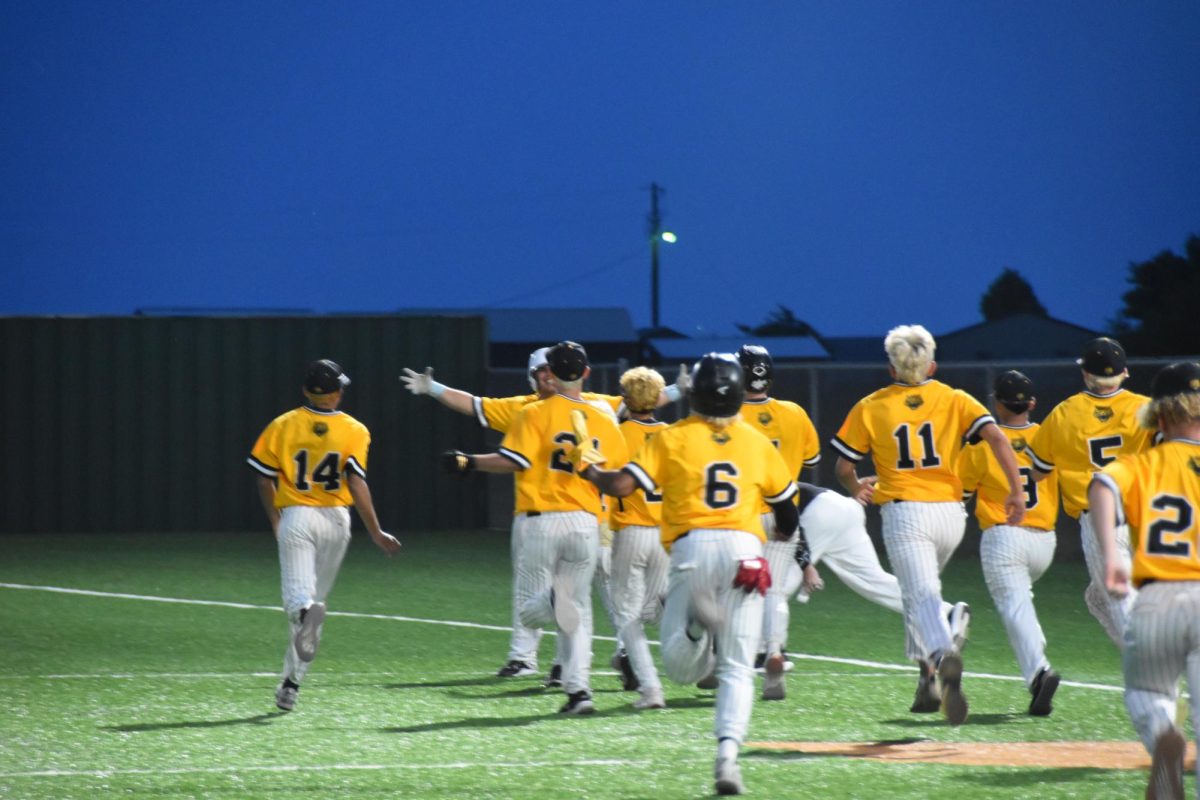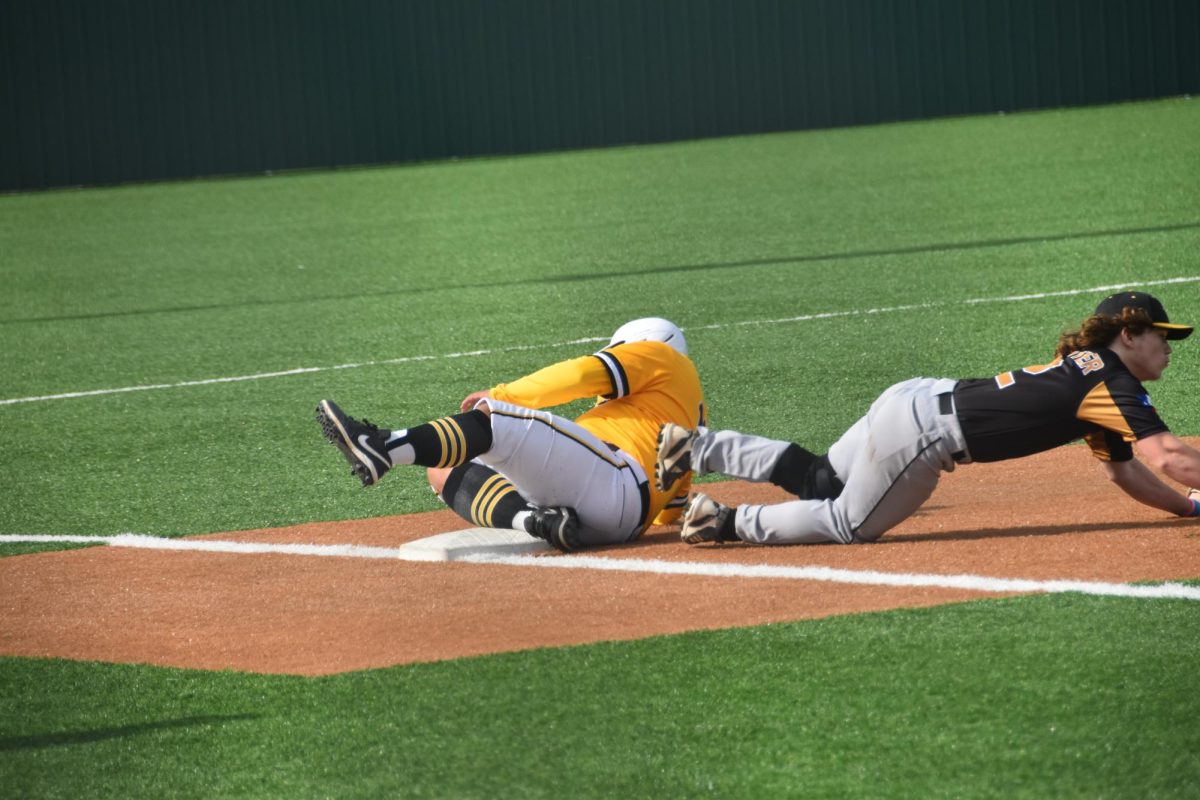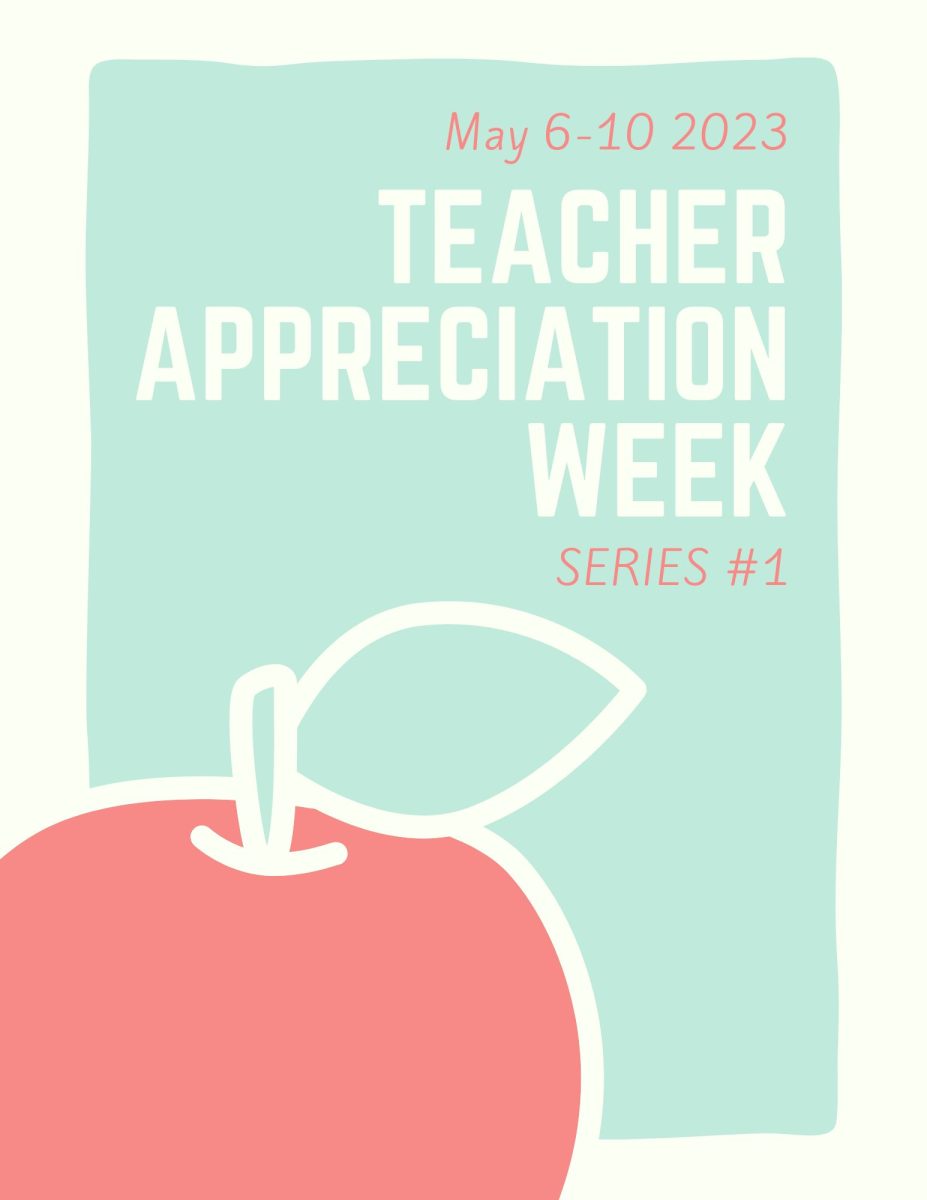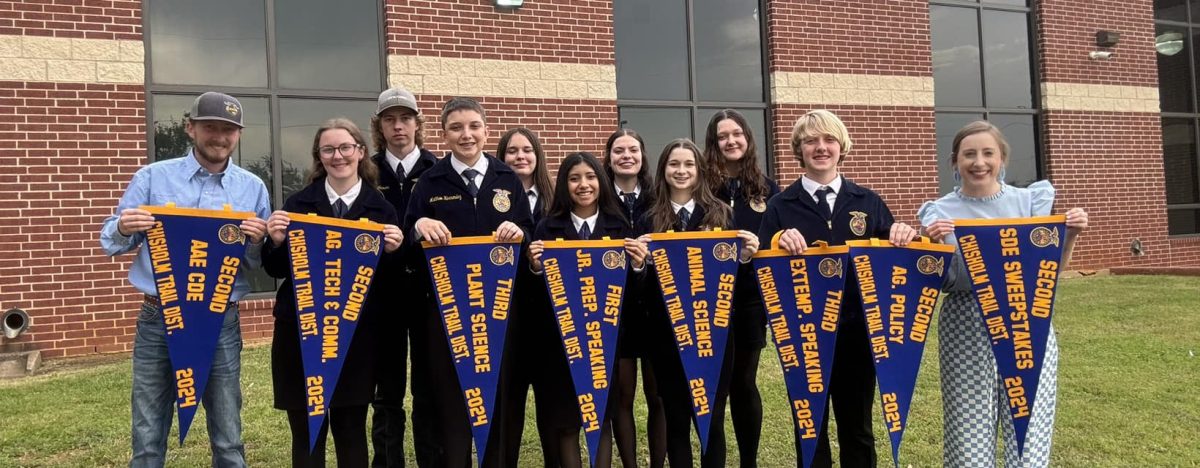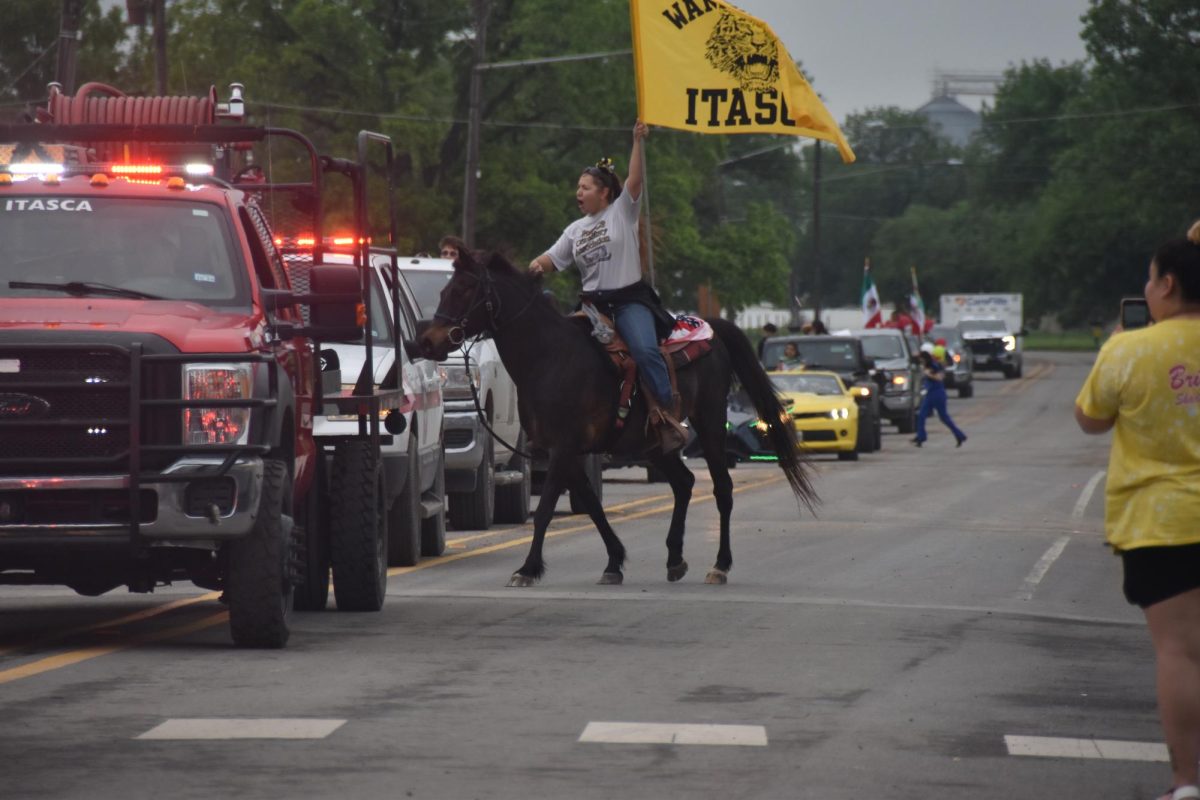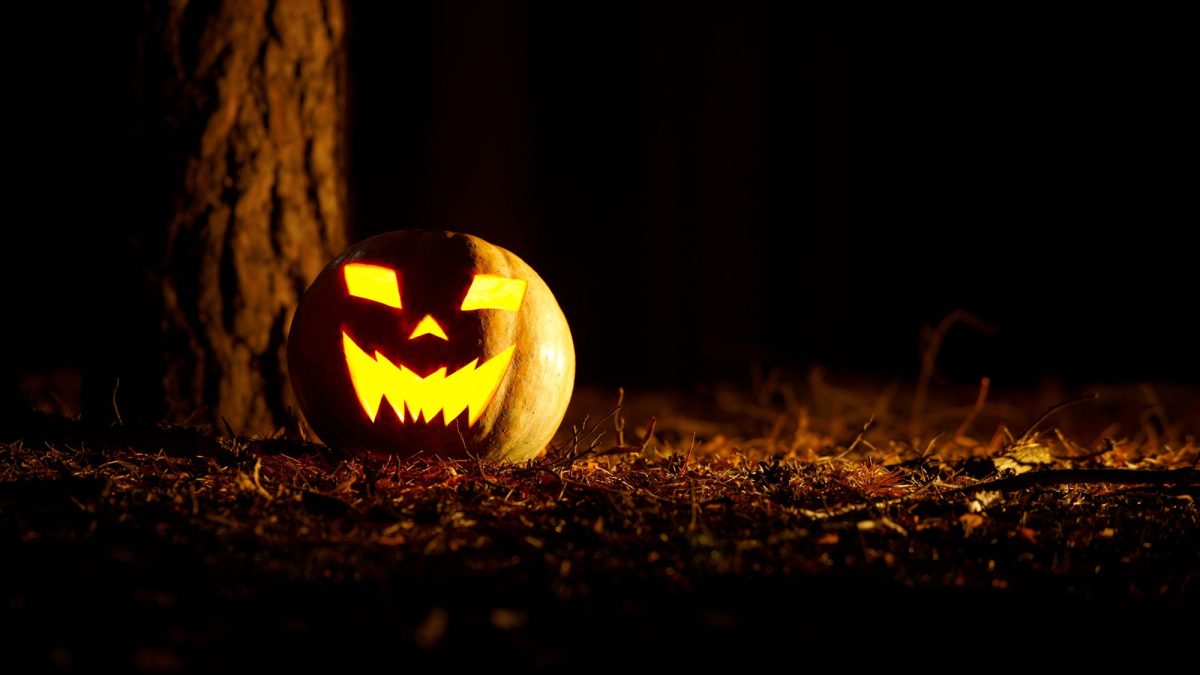When people think of Halloween, images of costumes, candy, and trick-or-treating usually come to mind. However, the idea of Halloween as we know it today is not the way it has always been. In fact, Halloween wasn’t even invented in America.
Halloween originated over 2,000 years ago, in the form of the festival Samhain (pronounced “sow-an”). This was a festival celebrated by ancient Celtics, who lived in what is now known as Ireland and Scotland. Samhain consisted of large fires and a great feast, which celebrated the dead and their spirits. Many of the traditions celebrated at this time have been lost, but one activity that we know of is the making of lanterns from hollow pumpkins, which could be the origin of the modern jack o’lantern. Sacrifices of crops were also made to the spirits during the festival. It was also popular for children to play pranks on the townspeople, and blame it on spirits.
Most of the Celtic land was conquered by the Romans in 43 CE, which resulted in the spread of Christianity and Catholicism. This lead to most Celtic traditions and customs being completely suppressed in favor of catholic values and beliefs. The ones that were still practiced were molded and altered to fit into a Christian and Catholic narrative. Samhain became All Saints Day, or All Hallows Day, and became a day to celebrate the lives of saints, martyrs, and other religious figures.
When the protestants colonized America, the celebration of All Hallows Eve was banned because it was deemed “too Catholic”. However, elements of the holiday became popularized by other harvest-related holidays in the 1800’s. During the 19th century, America became home to a huge number of immigrants, including the Irish.
This melting pot of traditions and ideas resulted in Halloween as we know it today, which became widely popular in the 1950’s. Halloween is a massive holiday; so much so that the whole month of October is basically molded around it. Now, billions of dollars are made per year off it, but it all began in Ireland as simply a way to honor the dead.

